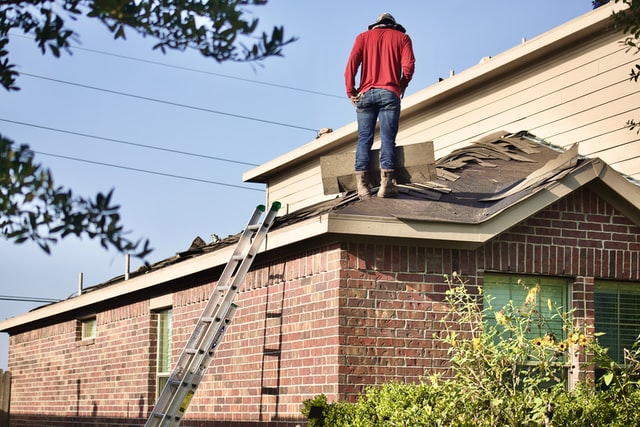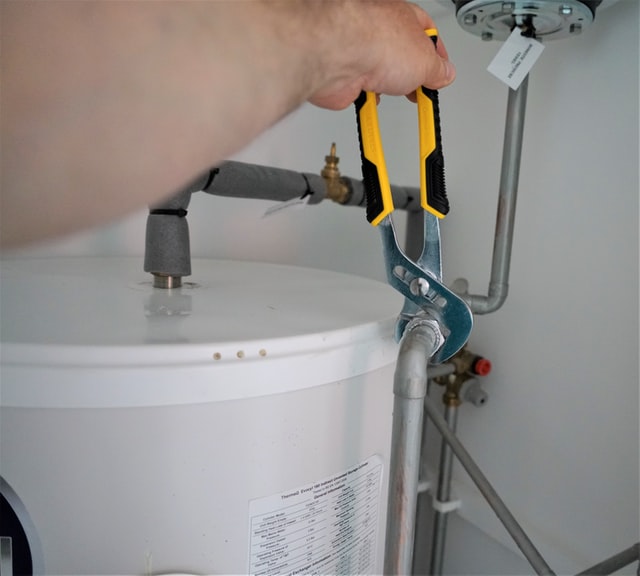Water damage is one of the very last things you want to occur in your rental property. If you let water get out of control inside your rental, there is no telling how much harm it will cause or how much money you will spend to fix the problem. The best way to solve water damage issues in a rental property is not to have them at all.
How do you prevent water damage in your rental property?
The main problem lies in the fact that water is highly mobile and present in almost every part of a rental property. There is no lack of opportunity for water to be accidentally released in places it has no business going. That is why you cannot prevent water damage unless you do have a program for constantly monitoring the condition of your rental’s plumbing systems.
Water damage prevention requires constant vigilance. It demands a set of strategic actions taken to minimize the risk of those events that could result in water damage. Most of these steps are primarily the landlord’s responsibility, but some fall within the realm of tenants’ responsibilities. What are the steps?
Tips for preventing water damage in your rental property
1. Create a program for periodic inspections and maintenance
The foundation of your attempts at preventing water damage in your rental lies in creating a routine for preventative maintenance of the plumbing systems. The first step in establishing such a routine is to have scheduled inspections of the various components of the system. Below are some of the critical features of the system that need assessments;
- The roof: Problems with the roof often happen slowly and are not always easy to detect since the roof is not in the landlord’s line of sight. That is why you must be intentional about roof inspections. When inspecting the roof, do not overlook the attic and chimney.

- Plumbing components and appliances: The entire plumbing system – pipes, joints, connections, toilets, showers, plumbing hardware, etc. – should be inspected at least once a year. Water-using appliances like refrigerators, washing machines, and dishwashers also require inspection for early signs of leakage.
- Roof gutters: Inspect roof gutters on a more frequent schedule than the rest of the plumbing system. Debris can accumulate in them and interfere with their function. The gutters may also rust or become loose.
- Window seals: Poorly sealed windows will let water enter the rental. Water infiltration into the home via worn-out window seals is one of those problems that will sneak up on you if you are not watchful. You often don’t know the issue is even happening until it becomes a crisis.
- Downspouts: Downspouts not only need to be in good condition and long enough to channel water from the home, but they should also be discharging the water in the right place.
- Floor drains: Clean floor drains at least once a week or every two weeks. They are prone to accumulate dust, hair, and debris that can block them and cause flooding.
- Sump pump: People often forget the sump pump until the crawlspace or basement gets flooded. Test the sump pump to ensure it is in working order.
- Create a slope in the yard: If the ground outside the home is level, there is a good chance that water will collect at the base of the house. It will endanger the foundation of the building. You can avoid this by creating a slope in the yard.
2. Install a moisture sensor
Water issues in a rental property do not announce themselves. That is the main issue with preventing water damage. Installing a smart moisture sensor can alert you when things go wrong. You can install it under the sink, in the crawlspace, or in other places.
3. Screen tenants properly
Conducting thorough background checks on prospective tenants can save you a lot of trouble, including possible damage to your property. A person with a history of not paying the rent will most likely not take care of your property.
4. Make it easy for tenants to report problems

When tenants have easily accessible avenues for submitting their complaints and observations, they will become your allies in the fight against water damage. Also, give orientation to new tenants on the proper use of the plumbing system and the penalties for misusing them.
5. Require renters insurance
Tenants who carry renters insurance not only care for their belongings, they will respect your belongings too. Moreover, making renters insurance a requirement will lessen the burden on your insurance policy.
6. Issue emergency alerts during winter
Even if you have educated the tenants on the best ways to handle the home’s plumbing systems during winter, they may forget. As the property owner, it is in your best interests to remind your tenants whenever you expect frigid weather.
For more information and resources on managing your rental property, visit us at Alliance Property Management. ![]()

